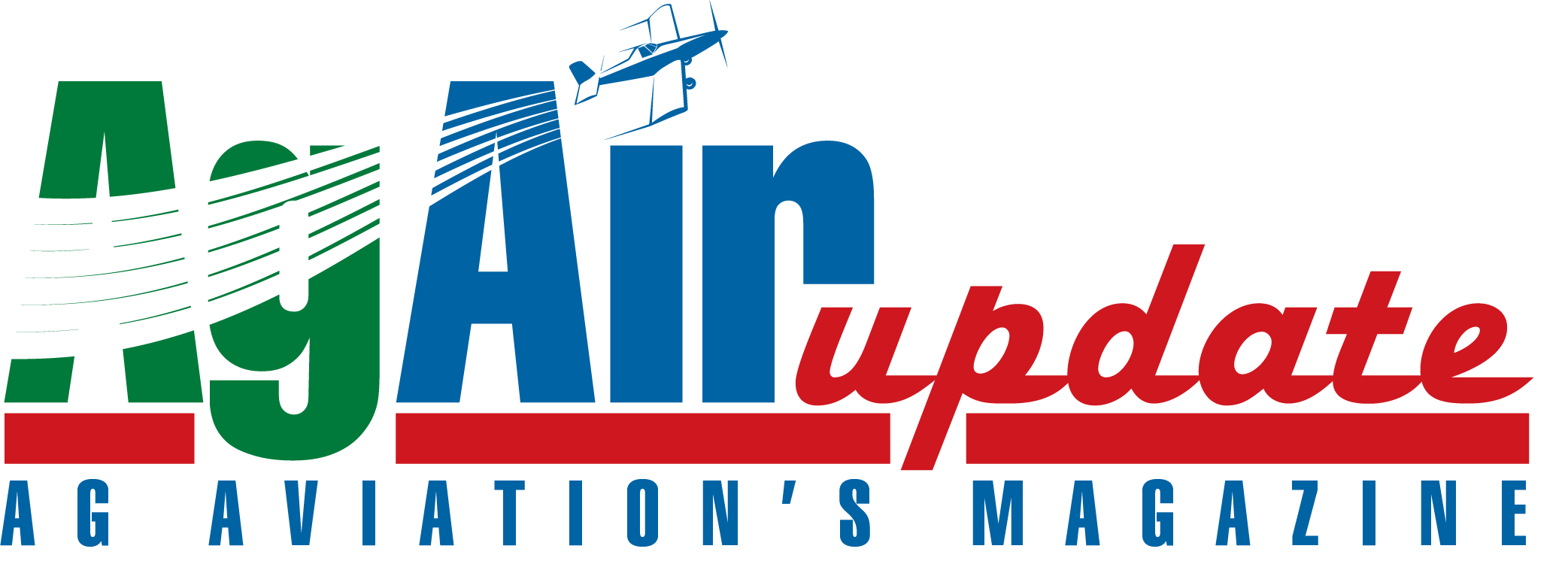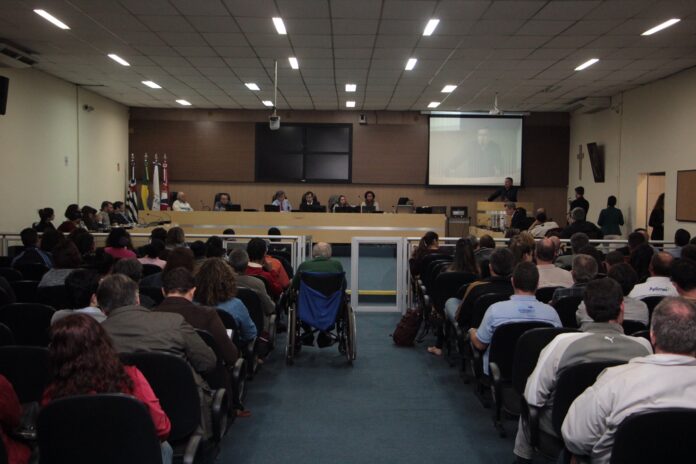Trade unions and business people are mobilized for correct information about the sector to overlap with misguided legislations.
By Marcos Paulino
Agricultural aviation is at risk in Brazil. Legislation aimed at banning aerial spraying of agricultural pesticides has mobilized sectors linked to agricultural activity in the country. At the National Congress, there are 26 propositions that can impact the segment, of which 12 bring proposals that limit or prohibit aerial spraying of pesticides. In addition, 12 state bills and 4 municipal bills that prevent or restrict this activity are in process. 6 municipal laws and 3 state laws have been sanctioned in the same sense.
“It is essential that all those who work in the agricultural aero sector become aware of the magnitude of these numbers, of the strong trend of new projects, of how much risk for the activity is embedded in laws that are gradually being approved”, warns José Araújo, Sindag’s parliamentary adviser and tech consultant (National Union of Agricultural Aviation Companies), an agency that has been seeking to unite the sector to reverse this situation.
Araújo draws attention to the difficulty in identifying if there are bills prejudicial to the sector underway in each of the 27 states and in more than 5,000 Brazilian counties. “It is necessary to obtain the commitment and the eternal vigilance of the entrepreneurs and collaborators of the agricultural aero sector, in order to identify proposals in gestation, bills in process and debates on the subject, in their respective States and counties, so we all can organize the process of monitoring and counter-argument, legitimated in the democratic process”, he points out.
Eduardo Araújo, Sindag’s technical consultant, brings to light the important bias of the issue: the lack of equality of treatment granted to aerial and terrestrial applications. “While this is practically exempt from any regulation and supervision, it is buried by laws and regulations and ideological and irrational patrol”, he says. “It is not surprising, therefore, to see, in a country with characteristics so propitious to aerial application, that it represents 20% or less of the area applied”.
The theme has been addressed in meetings, forums and public hearings held throughout the country. The most recent of these took place on August 24, in Brasília, when representatives from the sector were welcomed by Marcelo Pacheco Guaranys, deputy chief of Analysis and Monitoring of Government Policies of the Ministry of Civil Household. Participated of this meeting Julius Kampf, president of Sindag; Adriano Castanho, director of SNA (National Union of Aeronauts); Silvia Fagnani, executive director of Sindiveg (National Union of Products Industry for Plant Protection); and José Araújo, Sindag’s parliamentary adviser, among other members of entities related to the sector. Luiz Zaccarelli represented the Aeroglobo / Air Tractor and Arthur Lorga, Trush.
Representing Minister Eliseu Padilha, Guaranys was informed of the industry’s concern regarding state and municipal bills that intend to override federal legislation. He undertook to review all the data provided along with other ministries involved to guide trade unionists and businessmen about what actions could be taken.
For Gabriel Colle, executive director of Sindag, who also attended the meeting in Brasília, this union of the functional and employers’ unions, as well as aircraft manufacturers and agrochemicals, is fundamental for the truth to be established in relation to aerial spraying. “This is an unprecedented joint action in our sector, so that the correct information on agricultural activities can overcome the misunderstanding that some parliamentarians are proposing”, he says.
Zaccarelli, of Aeroglobo, says that aircraft manufacturers, suppliers, aviation entrepreneurs, pilots and other actors who depend directly or indirectly on the agricultural market must be 100% committed to the cause advocated by Sindag. “We need to support Sindag as we can, be it financially or with actions, because we all take our livelihoods from this sector and the consequences of prohibition or limitation of our activities will bring damages to all. The moment to act is now, so that we do not have to regret later”, he says.
“Legislation in progress or already regulated should be concerned, rather, with a strict inspection of the pesticides used in spraying, because the agricultural activity already meets all the criteria imposed by the Ministries of Aeronautics and Agriculture”, argues Júlio Kampf, president of Sindag. “In fact, the application of defense by aircraft is infinitely more controlled than that done by land”.
By 2050, the planet’s population is expected to reach more than 9 billion people. To feed so many people, it will be necessary to double the World’s agricultural production. And there is no doubt that no other equipment is better prepared to protect the crop without compromising the environment than an agricultural airplane. Without this working tool, it will be impossible to raise the volume produced to the levels that are projected at this time.






